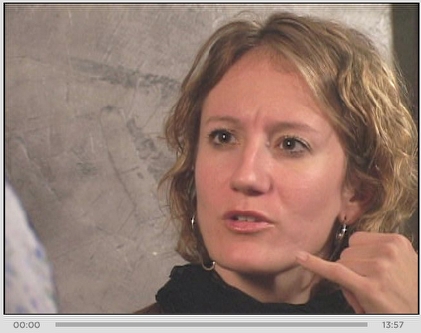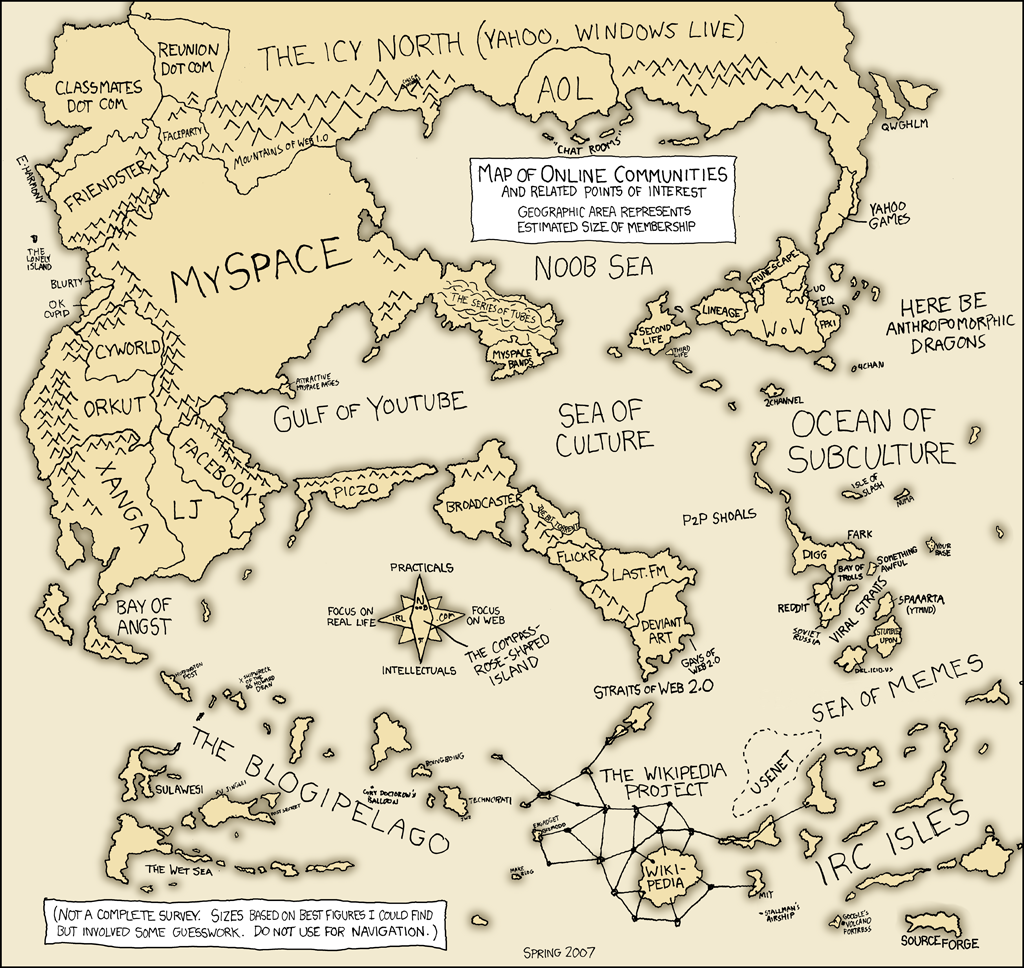Two months ago, I ruffled some feathers with a post called Who clicks on ads? And what might this mean? Lacking any good public research, I pointed to a blog post by an AOL Global Advertising Strategy guy talking about research they did on AOL ad clickers. The report was by no means generalizable to all ad clickers, but it made a significant point: ad clickers are not representative of the population at large. Still, there were folks that were annoyed that I wasn’t pointing to public data, especially when I continued on to make my own hypotheses about who these heavy clickers are.
This week, in a study called “Natural Born Clickers,” Starcom USA, Tacoda, and comScore found that “the 6% of the online population accounting for most of the click-throughs skews toward male Internet users ages 25 to 44 with household income under $40,000.” [see news brief; anyone have the full report?] “The study also found that their heavy clicking did not reflect high spending levels offline. They were also more likely to visit auction, gambling and career sites. The findings suggest that high click-through rates don’t necessarily boost branding campaigns.” In other words, “the click is dead.”
This study finds that the age and gender of heavy clickers differs from what the AOL report found. (This probably says more about AOL users than anything else.) Yet, their findings also support (but do not confirm) a portion of my initial hypothesis that heavy clickers are:
- More representative of lower income households than the average user.
- Less educated than the average user (or from less-educated environments in the case of minors).
- More likely to live outside of the major metro regions.
- More likely to be using SNSs to meet new people than the average user (who is more likely to be using SNSs to maintain connections).
Folks tend not to like to hear that heavy clickers skew towards lower income levels, but I still believe this to be true. (For the record, 2006 median U.S. household income was $48,201.) Also, I should note that the population who uses SNSs to meet new people most likely skew male and 25-44, although not exclusively.
Hitwise also came out with new data this week: Yahoo search draws a younger audience, but Google users are more likely to spend more online. What I find particularly intriguing about their report is this graph:

Now, I don’t know what all of these labels mean, but terms like “Affluent Suburbia” and “Upscale America” lead me to believe that the Hitwise bubbles are saying that people who spend lots of money offline are also the most likely to spend more than $500 offline.
Now, if you put these two reports together, you get a funny image of what’s going on. Wealthier users are more likely to spend money online, but they are less likely to click on ads. Poorer users are more likely to click on ads, but not likely to spend money online except in a few verticals. Wouldn’t this then mean that Google is more likely to get the eyeballs of those likely to spend money, but statistically less likely to make money off of their clicks? This would seem to conflict with the TechCrunch post that suggests that the Hitwise data proves why Yahoo is in deep doo-doo. Given that both Yahoo and Google search generate revenue through click-throughs and not impressions, wouldn’t these two reports conflict with TechCrunch’s assessment?


